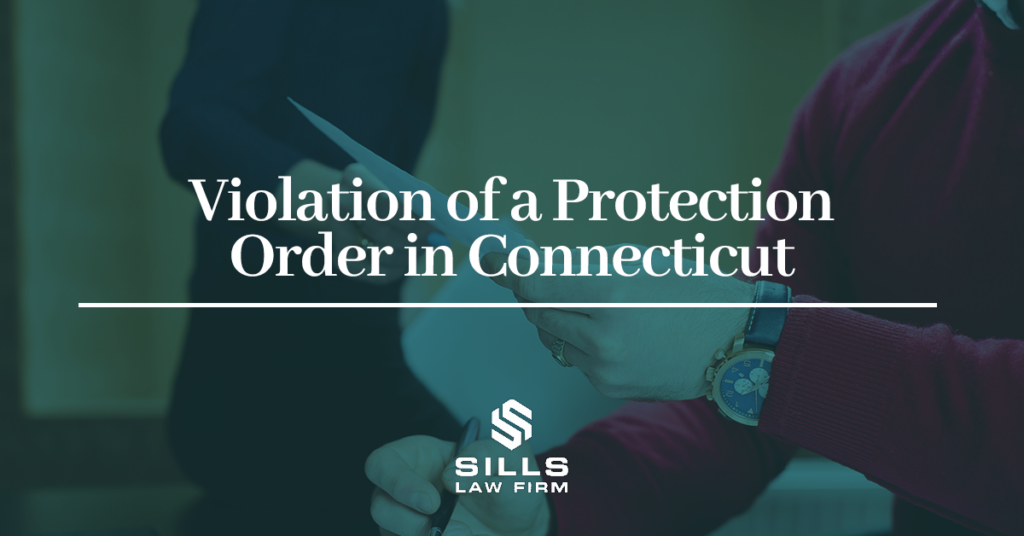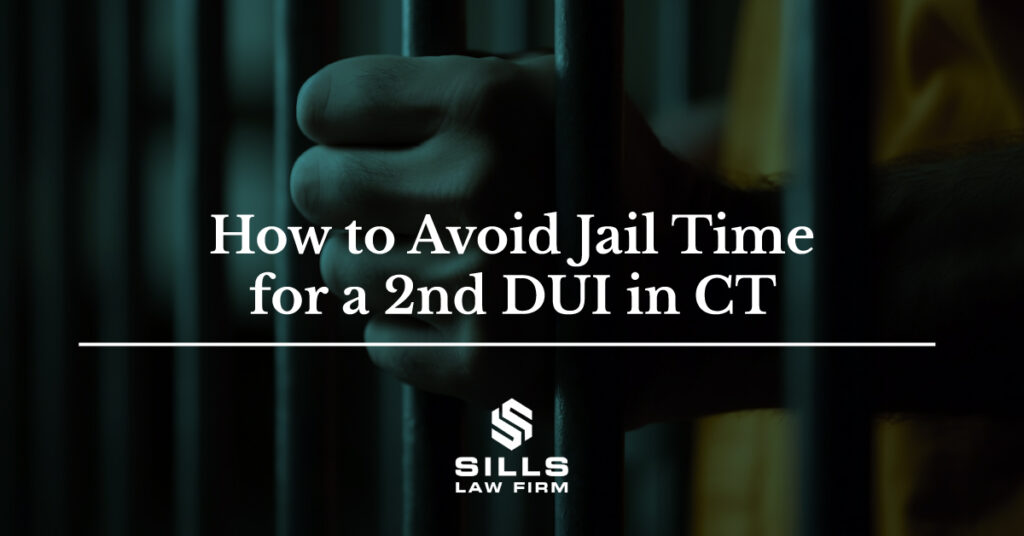In most states, driving a motor vehicle while under the influence of drugs or alcohol will result in a DUI charge, which stands for driving under the influence. What creates confusion is that not every state uses this term.
For instance, if you drive while drunk in New York or Texas, you could face a DWI, or driving while intoxicated, charge. In Iowa, you’ll be pulled over for an OWI, or operating while intoxicated, while in Colorado, the charge will be DWAI, or driving while alcohol-impaired.
Here in Connecticut, this offense is referred to as operating under the influence, or OUI. While the general public and even some legal professionals still use the term DUI, it’s not the charge you’ll face if you get pulled over for drinking and driving.
Facing an OUI? Here’s What You Need to Know.
In Connecticut, it is illegal to operate a motor vehicle with a “BAC” or “blood alcohol content” of .08% or higher if you are over 21. For those under 21, the legal BAC limit is .02%. If you get pulled over with a BAC over the legal limit, be prepared for:
- Criminal misdemeanor charges, which may include 48 hours in jail, fines up to $1000, a maximum prison sentence of 6 months, and a period of probation.
- Administrative proceedings on the part of the DMV, usually resulting in the suspension of your driver’s license for 45 days.
- Mandated Alcohol Awareness Classes
- The installation of an ignition interlock device, or “IID,” in your vehicle.
Actual penalties will depend on whether you currently have an OUI on your record.
- If you are a first offender, you can spend anywhere from 48 hours to six months in jail, face a fine of $500 to $1000, lose your license for 45 days, and have an IID on your vehicle for up to a year.
- Second offenders face 120 days to two years in jail, a fine of $1,000 to $4,000, and IID installation for three years. The 45-day license suspension also applies.
- For a third and subsequent offense, you can go to jail for up to three years, pay a fine of $2,000 to $8,000, and lose your license permanently.
Because Connecticut has an “Implied Consent Law,” the very act of driving means that you automatically agree to submit to a BAC test when requested by law enforcement. Connecticut OUI law also states that “operating” a vehicle constitutes any action you take once a vehicle is started, so you could get an OUI just for turning the keys and revving your engine.
Given the strict nature of Connecticut’s OUI laws, it is imperative that you have an OUI attorney in CT who will fight for you should you be arrested while driving under the influence.
Will a Connecticut OUI Charge Always Make You Lose Your License?
Yes, at least temporarily.
There are two circumstances under which you face a temporary license suspension for OUI:
- You refuse to submit to a blood, urine, or breath test, or the test fails. Under Connecticut General Statute §14-227b, the DMV will impose a 45-day license suspension beginning on your arrest date. This suspension is separate from any penalties or conditions that may later be imposed on you.
- You are convicted of OUI. If you are a first or second-time offender, you could lose your license for 45 days unless this suspension was already imposed on you due to issues with roadside testing (see above). If you are under 21, you can lose your license for a year or until your 21st birthday, whichever is longer.
A third or subsequent conviction can mean the permanent loss of your driver’s license. You will have to wait at least two years from the revocation date to request reconsideration.
Is OUI a Felony Charge in Connecticut?
In most cases, first-time offenders will only be charged with a misdemeanor. However, if you’re arrested for OUI and have a prior conviction in the last 10 years, you can be convicted of a felony instead.
What Happens If You’re Caught Driving While Your License is Suspended or Revoked?
If you drive while your license is suspended or revoked and get pulled over, you can face new fines and jail time on top of those already imposed for your OUI. Depending on the circumstances, you could pay a fine of up to $1,000 and spend 30 or more days in jail.
How Will an OUI Affect Your Insurance?
If your auto insurance company learns that you have an OUI on your record, your rates will go up, at the very least. In some cases, your insurance could be canceled or simply not renewed.
Will an Out of State DUI Affect Your Connecticut Driver’s License?
If you are convicted of DUI in another state, the Connecticut DMV will learn about it through The National Driver Register and impose penalties as if you were convicted in this state.
The majority of states belong to the ‘Driver’s License Compact’ or ‘Non-Resident Violator Compact,’ which ensures that if you get a DUI/OUI ticket outside of your home state, the DMV sends the information to Connecticut, impacting your driving record here.
Get Help From an OUI Attorney in CT Today
As you can see, an OUI conviction can seriously impact your driving privileges, which in turn affect your ability to work, go to school, and run necessary errands. If you are pulled over and charged with OUI, it’s imperative that you retain an experienced DUI lawyer in CT.
At The Sills Law Firm, LLC, we have over 20 years of experience handling DUI/OUI cases across Connecticut. Attorney Jonathan Sills has written extensively on the subject of DUI law and will use his knowledge and experience to achieve the best results for your case. To schedule a free consultation, call 860-524-8118 today.
Related:






